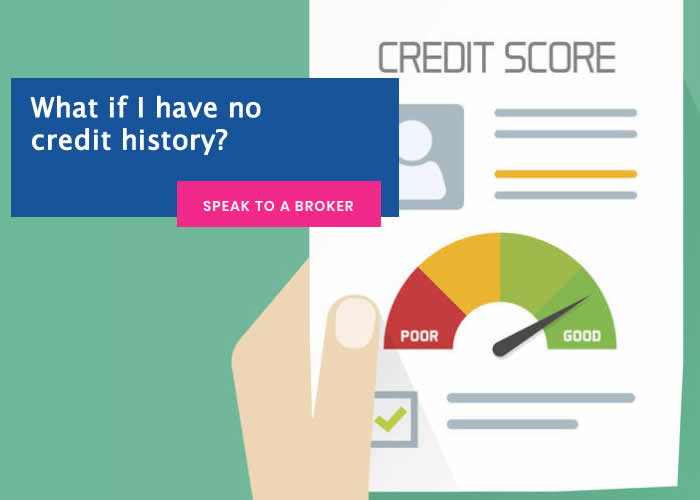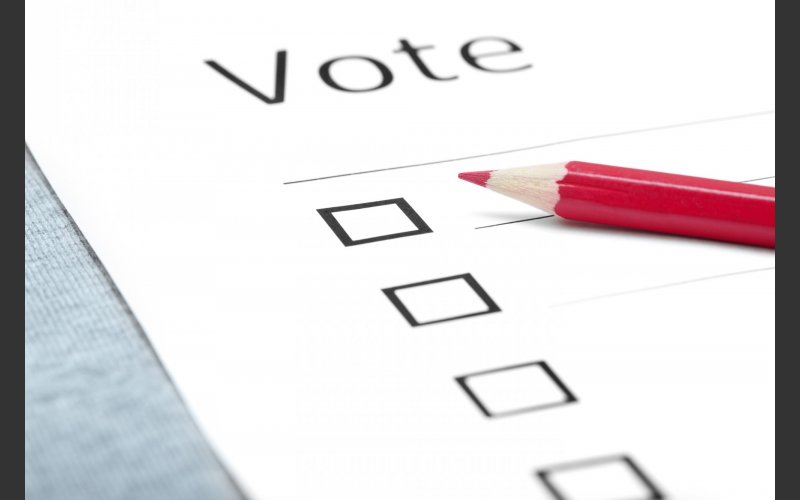Repairing and Building your Credit for a Mortgage
The following advice is based on the experiences of the advisors working for us. The actual credit checking process used by lenders is unknown and difficult to predict. Credit checking agencies provide the basic information and it is down to the lenders to interpret this information.
The information laid out below can help you to improve your credit score, but this doesn’t guarantee that you will be accepted for a mortgage.
If you’ve found this page via a Google search, chances are you have been turned down for a mortgage. If this is the case, don't panic. Every lender has their own unique criteria for assessing your credit score and financial situation. Even people will flawless credit scores can sometimes find it difficult to get mortgages with one provider but have no troubles with another. This means you may be eligible for a mortgage, you just haven’t found the right provider yet.
The factors outlined below can help to increase your credit score, which in turn is a strong signal to lenders that you are responsible borrow. Failing to achieve one of these components is unlikely to make you ineligible, but it might mean you need a bigger deposit or that you can only borrow 4x your income rather than 5x your income.
The first step to repairing and repairing your credit report is to find out where you stand. You can access your credit file for free using any of the following websites. As there are three credit checking agencies in the UK, it’s worth signing up for all of the free credit score sites as this will help you to gather a more complete picture.
Sign up for a free trial with Check My File, Experian and UK Credit Ratings.
It’s a common myth that you will be penalised every time a credit search is completed. This is true. You can check your own credit report as many times as you want and this will never be taken into consideration by lenders. It’s only applications for credit which will show up on your credit profile.
A mortgage advisor will be able to read between the lines of your credit report and tell you which lenders are more likely to accept your mortgage application.
What if I have no credit history?
People often assume that having no credit history is a good thing. After all, this means that they have never been in debt. In reality, this couldn’t be further from the truth. When trying to decide if they should lend you money, lenders want to see that you have a track record of being able to make repayments regularly and on-time. If you never borrow any money, they have no evidence of this.
Even if you don’t need to borrow any money, it’s still a good idea to get a credit card. You can use the card for everyday purchases like your weekly shop or petrol. It’s also helpful when shopping online as a credit card will offer additional protection. Set up a direct debit to pay off the card in full every month and make sure you never go beyond your credit limit. This is one of the best and easiest ways to build up a strong credit score.
Here are some further steps you can take to repair and build your credit for a mortgage…
Check everything is up-to-date
The first step should be to make sure that everything is up-to-date. Go through your file and check every detail. Pay close attention to your open accounts and make sure that they are all current. If you have old accounts still open, make sure you pay them off and get them closed. You should also ensure that you address is up-to-date and that you don’t have accounts listed at old addresses.
Challenge mistakes
If you have mistakes on your file related to things like payment history, arrears, CCJs or defaults, challenge these with the provider. If you are correct, you can ask them to provide written confirmation of the error and also ask them to update the information with the relevant credit checking agency.
Get on the electoral roll
The electoral roll is the best way to confirm your address. Make sure you are present on the register and that your details remain up-to-date. If you move house, make it a priority to update your address on the electoral roll and with your bank. This is how banks keep track of you and can make you a more attractive lender if they have a complete address history.
Don’t miss monthly payments
If you have a credit history scattered with late payments, this will reflect poorly on your credit score. Even just one missed payment can negatively impact your score. Make sure you make payments on time every month and try to keep this up for 6-12 months before making your mortgage application. Even if you have a history of late payments, an extended period of making sure everything is on time can help.
If you are declined credit, wait to apply again
When you are declined credit, this credit search will show up on your credit application. If you make another application in a short space of time, the second one will likely be rejected. Avoid making too many credit applications in a short space of time. Wait around 6 months between credit applications if possible.
Keep your spending in check
As a general rule, you should never be using more than 50% of your total credit limit. This includes things like credit cards, overdrafts and store cards. Credit cards should be paid off in full at the end of the month. You should also avoid your overdraft if possible. It’s helpful to be able to use your overdraft for occasional emergencies, but you should avoid remaining in your overdraft when possible.
One of the biggest risks with being close to your credit limit is that it’s a lot easier to go over your limit from this point. Regularly going over your agreed spending limit reflects very poorly on your credit rating.
Settle all debts
The key to clearing debt is to focus on the most expensive one first. This is usually your credit card, but if you have high-interest loans, it might make more sense to focus on these first. Working towards clearing debt and closing accounts can help to improve your credit score.
Even if you have something in your credit history like a CCJ, the sooner you can get this paid off, the better. A CCJ that was cleared one year ago might be a big concern for lenders, but if it was cleared four years ago and you have a clean history since then, this is far more preferable. Remember, when it comes to credit scores, time can heal most problems.
Focus on one, well-managed account
It’s common for people to have multiple bank accounts which are used for different types of spending, however, it’s helpful if you can focus on building good credit for one account. Move all of your ingoings and outgoings to one account. Having regular income and making regular payments from one account is a great way to build your credit score.
What if I’m on the credit blacklist?
There’s no such thing as a credit blacklist. Everyone has a credit file and this is what lenders use to decide if you are a safe lending option. If you are repeatedly declined credit and you do nothing to change your credit rating, it can start to feel like you are on a blacklist. However, you need to remember that time heals most issues with credit scores. Make the changes outlined above and bring your spending under control and you should see an improvement.
How do I get a mortgage with a low credit score?
Being declined for a mortgage can feel like the end of the road for your dreams of being a homeowner, but this isn’t always the case. If you are declined for a mortgage, there are so many reasons this could happen and the first step is to find out why. Once you get to grips with your credit file, you can then speak to a mortgage advisor who will be able to find the right lender for you. There are even lenders who specialise in poor credit, so don’t give up.
How do credit scores work?
Credit scores don’t tell lenders if they should or shouldn’t lend you money, they merely give the lender the information about your financial situation and habits. It is then down to the lender to decide if they think you will be able to keep up with the repayments. Lenders have to show that they have been responsible in their lending decisions and so they look at your financial history as an indicator of future behaviour.



